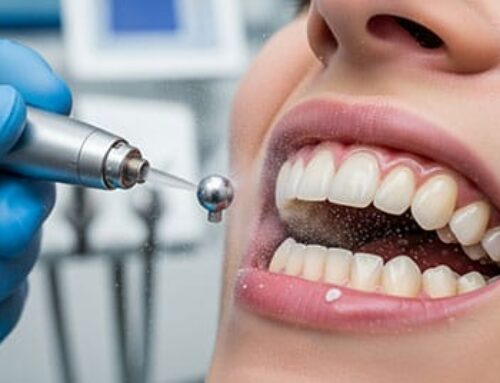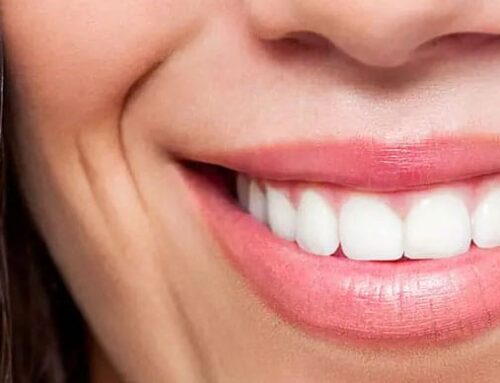Alcohol Increases Mouth Disease-Causing Mouth Bacteria
A lot of research has looked at people who drink every day. Researchers often compare these studies to individuals who abstain from alcohol. Some findings from the Perlmutter Cancer Center in New York City show that beneficial bacteria, or microbes, decrease in people who drink. It is also found that harmful bacteria in the mouth rise in regular drinkers. The study shows there are over 700 types of bacteria in the mouth. If balanced, these bacteria can help prevent several diseases.

Many tiny living things live in our mouths. They help us stay healthy and fight illness, including cancer. Some harmful germs, like Bacteroides, Actinomyces, and Neisseria, are in people who drink a lot. These people have fewer beneficial germs, like Lactobacillales, which are important for health.
An imbalance of microbes in the mouth can lead to problems like unpleasant breath and tooth decay. Harmful bacteria can hurt a person’s health. A downside of drinking alcohol is that it can cause a dry mouth. Saliva is important because it keeps the mouth healthy. It helps prevent unpleasant breath, protects against tooth decay, and provides minerals to teeth and gums. People who drink alcohol may produce less saliva, which can lead to issues in the mouth.
Having too many harmful bacteria can hurt your mouth and health. It can cause heart issues and stomach problems. A sign of an infection is bleeding gums, which is linked to heart disease. When gums bleed, they form an open wound. This process allows harmful bacteria to enter the blood and can lead to heart or nerve problems.
One easy way to avoid the bad effects of drinking is to drink plenty of water. Water helps wash away what is left from your drink. It also keeps your mouth moist, which can help keep beneficial bacteria in your mouth healthy.
Dr. Ahn is the Associate Director at the Perlmutter Cancer Center. She and her team studied 1,044 adults aged 55 to 87. They examined the types of germs in their mouths. This group included 270 people who do not drink, 614 who drink occasionally, and 160 who drink a lot. The study does not distinguish between those who drink beer, wine, or other drinks. The results show a clear increase in harmful germs in the mouths of people who drink.
The research cannot show if changing the mix of the microbiome can help drinkers have better bacteria levels. Beneficial bacteria in the mouth can stop some diseases. We need to study this subject more to understand it better. It is still not clear if alcohol removes beneficial bacteria or if it helps harmful bacteria grow.
There are several reasons why people who drink alcohol might have a microbe imbalance. One reason is that the acid in alcohol can hurt the beneficial bacteria in the mouth. Furthermore, when people drink alcohol, it changes into chemicals like acetaldehyde. These harmful substances may cause an imbalance in the microbiome.
Dr. Bao of the Promenade Dental Care Clinic in Murrieta looks for issues of mouth cancer when he performs a dental exam. If you have pain in your mouth




